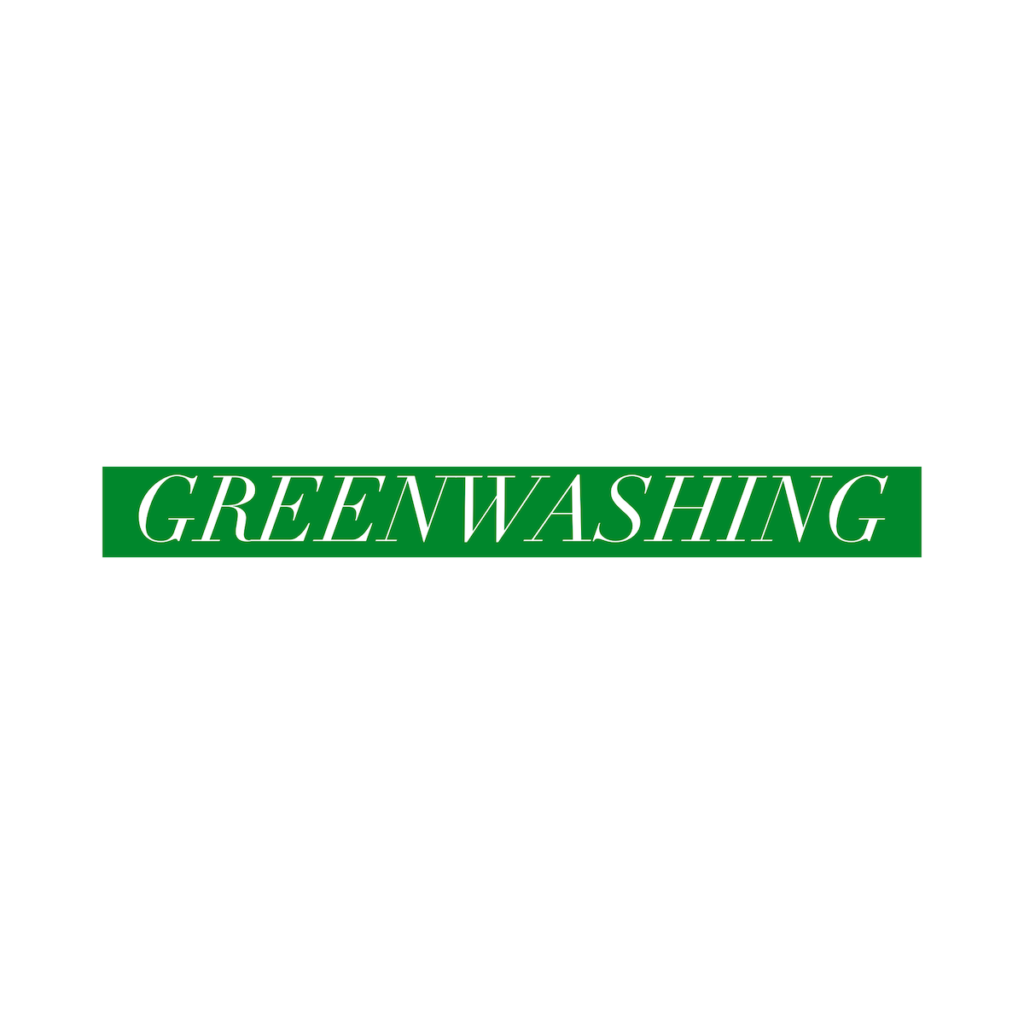I was 27 when I started paying attention to labels and marketing. Perhaps because during my time working at a prominent New York City ad agency, I gained a deeper understanding of the process behind marketing and advertising messages.
I began to give more serious consideration to the products I was using and the food I was buying. Minimizing my exposure to harmful chemicals and GMO’s seemed like a great first step. I also wanted to be sure I wasn’t contributing to the mistreatment of animals. I learned that choosing organic food products had health as well as environment benefits. I familiarized myself with third party certifications like USDA Organic, GMO Project Verified, and Rainforest Alliance Certified (to name a few), and tried to understand what they really meant. Not alone in my journey, many people are reading labels and doing research before making purchases for everything from floor cleaner and eye shadow to mattresses.
Greenwashing is a marketing tactic used by large companies to make you feel like you’re making a sustainable choice when purchasing their products. “Eco-friendly”, “natural” and “farm fresh,” are examples of unregulated terms used to invoke emotion in shoppers. In reality, the company is taking advantage of shopper’s reliance on truthful messaging to continue their environmentally destructive behaviors.
A label or a TV commercial for a meat product may feature images of happy animals on wide open green pastures. This imagery makes shoppers feel good about the company and the product, but reality paints a very different picture. As we learned from the owner and farmer of Smokin’ Oaks Organic Farms, pork can be called “farm raised” yet the animals will still spend their entire lives in a 10×10 concrete pen.
In 2019 H&M’s Conscious Collection campaign touted its plans to create pieces from a sustainable fabric, Circulose. In reality H&M’s business model continues to perpetuate a throw-away mentality. It churns out low quality pieces and continues employing environmentally unsound practices.
You might be wondering how greenwashing isn’t classified as false advertising. The Federal Trade Commission (FTC) created Green Guides to help marketers avoid making environmental claims that mislead consumers. The caveat is that greenwashing can mislead without lying. It’s easy to call something ‘green’ or ‘natural’ because the terms aren’t regulated and can mean anything.
There are tools to help you make better, more informed choices. The first and easiest thing is to look for 3rd party labels. Take a little bit of time to read through the criteria a company must meet to earn a certification. This will give you the information you need to make better purchasing decisions. Shop from a local farmer’s market. Doing so allows you to speak directly to the farmer growing and raising the food they’re selling. Research a brand before buying their product to understand more about their products, the ingredients and their environmental policies. The Environmental Working Group is a wonderful resource to research brands and specific products. The non-profit features Skin Deep®, a database of skincare products in which they rate individual products based on the toxicity of each ingredient. They also include a list of concerns associated with specific ingredients, giving users more insights into what they’re putting on their skin. The site features research into all types of consumer products and its independence makes it an invaluable resource.
Love Local also employs strict criteria for each company included in it’s database. It’s a sure, safe way of shopping small from people who are being truthful about their products.
Companies, with profit maximization in mind, aim to capitalize on our emotions with a carefully crafted combination of words and images that evoke a certain sentiment. Simply put, greenwashing is a marketing tactic to increase sales while companies continue using unsustainable practices. However, there are many resources available to help you shop from companies that share your values. If it seems overwhelming, start small. It’s easy to walk around your farmer’s market or research your favorite clothing brand.
To learn even more about greenwashing, check out Earth 911’s six part series dedicated to identifying and avoiding this type of messaging.



